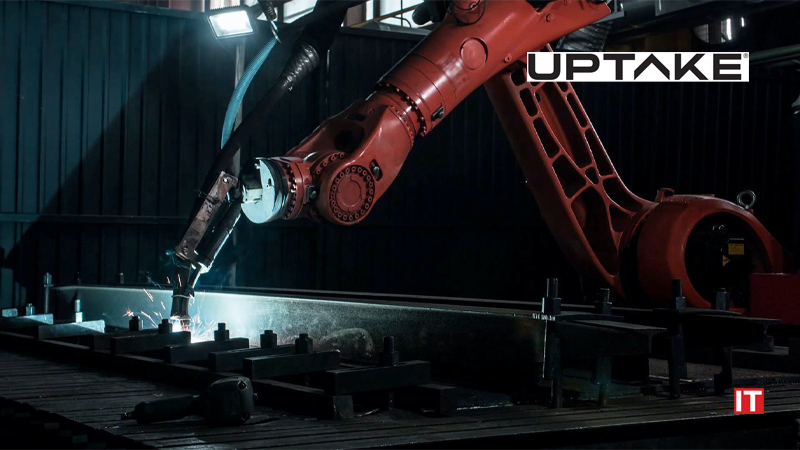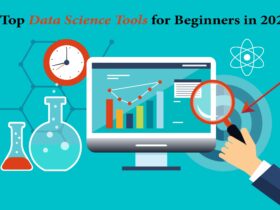Notably, it appears that every application or device is somehow linked to the cloud nowadays, whether it’s storing data, processing data, or working in the cloud. However, if you’re new to the Internet of Things (IoT) or aren’t particularly tech-savvy, you might be unsure what that actually means.
Amazon, Google, and Microsoft are the largest cloud providers in the United States, with massive farms of servers that they rent to businesses as part of their cloud services.
Read More: Top 5 Ways Data Analytics is Actually Reshaping Global Marketing and Sales Strategies
This is cost-effective for businesses with variable needs (most of the time they don’t need much computing, but every now and then they do), because they can simply pay as-needed. IoT cloud platforms combine IoT device capabilities with cloud computing to deliver end-to-end services such as:
Scalability
One of the most significant benefits of hosting your IoT system in the cloud is its ease of scalability. In a cloud-based Internet of Things system, adding new resources usually entails leasing another virtual server or more cloud space, both of which have the added benefit of being easily implemented.
Furthermore, IoT cloud platform services provide greater flexibility if you want to limit your storage requirements or reduce the number of IoT-enabled devices.
Cost-Effective
In the specific instance of an in-house Internet of Things system, large upfront investments and increased implementation risk can be discouraging. In addition, there is the ongoing cost of hardware maintenance and IT personnel. Issues appear to be improving from the cloud’s perspective. Significantly lower initial costs and a flexible pricing scheme based on actual usage encourage IoT-based businesses to migrate to the cloud.
Data Accessibility
Your data can be accessed from almost anywhere in the world if it is stored and processed in a cloud server, which also means it is not restricted by any infrastructure or networking constraints. When it comes to IoT projects involving real-time monitoring and management of connected devices, mobility is especially important.
While data stored on-premises servers can only be acted upon within the company’s walls, an advanced Internet of Things cloud platform will provide you with the tools to provision, manage, and update your devices and sensors, as well as process the acquired data remotely and in real-time.
Time-to-market Priority
IoT cloud solutions typically require less time and effort to implement and have a lower overall cost, but this comes at the expense of platform customization. While it is true that Internet of Things systems installed on-premises can be more easily tailored to the project’s requirements, they also necessitate the time-consuming deployment of data management and analysis capabilities, as well as upgrades to the company’s existing network structure due to increased data traffic. Overall, when time to market is a critical business factor, cloud-based IoT infrastructure proves to be more profitable.
Security
Security concerns, which have been a major concern for the IoT world since its inception, can be difficult to address here. It all comes down to responsibility in the cloud platform vs. on-premise IoT infrastructure debate. In the case of on-site servers, it is in the hands of the company, and the data’s safety is solely dependent on the organization’s security practices.
As a result, it is understandable that some organizations may be hesitant to hand over control of their sensitive data to an outside party. Nonetheless, both service providers and clients agree that storing and processing your Internet of Things data in the cloud is more secure than keeping it on premises.


































